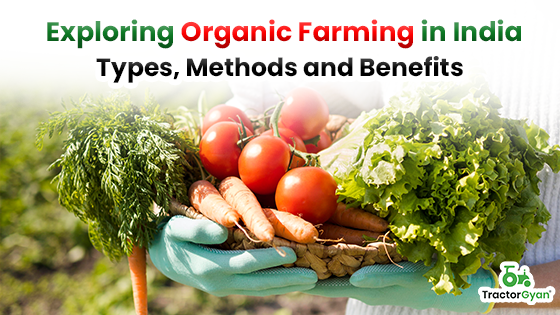
Organic farming success factors are essential to achieving a thriving and sustainable agricultural practice. Understanding and implementing these success factors can greatly influence the productivity, profitability, and sustainability of an organic farm. Among the critical organic farming success factors are soil health, pest management, crop rotation, market understanding, and community engagement. Each of these factors plays a vital role in establishing a robust and resilient organic farming system.

Soil health is one of the most fundamental organic farming success factors. Healthy soil forms the foundation of any successful organic farm. It is crucial for growing nutrient-dense crops and maintaining the overall ecosystem balance. Organic farming practices emphasize the importance of soil fertility and structure, which can be enhanced through composting, green manures, and natural soil amendments. Techniques like reduced tillage and cover cropping also contribute to soil health by preventing erosion, improving soil organic matter, and enhancing microbial activity. By focusing on soil health, organic farmers can create a sustainable growing environment that supports long-term productivity.
Effective pest management is another key organic farming success factor. Unlike conventional farming, which relies heavily on synthetic pesticides, organic farming employs a range of natural and preventive strategies to manage pests. Integrated Pest Management (IPM) is often used, incorporating methods such as biological control, companion planting, and physical barriers to keep pest populations under control. By promoting beneficial insects and using organic-approved pest control products, farmers can manage pests effectively while maintaining the integrity of their organic practices. Successful pest management helps reduce crop losses and ensures a healthy harvest.
Crop rotation is also crucial among the organic farming success factors. Rotating crops helps prevent the buildup of pests and diseases that can occur when the same crops are grown in the same soil year after year. It also helps in balancing soil nutrients and reducing weed pressure. A well-planned crop rotation strategy involves alternating between different types of crops, such as legumes, grains, and root vegetables, to maintain soil fertility and structure. By following effective crop rotation practices, organic farmers can enhance their soil’s health and productivity while minimizing the need for synthetic inputs.
Understanding the market is another important success factor in organic farming. Farmers must be aware of market demands, trends, and pricing to effectively position their products and maximize profitability. This includes identifying potential buyers, understanding consumer preferences, and staying informed about competitive pricing. Building strong relationships with local markets, grocery stores, and consumers can provide valuable insights and opportunities for organic farmers. Effective market research and strategic marketing are essential for ensuring that organic produce reaches the right audience and generates sufficient revenue.
Community engagement and support also play a significant role in the success of organic farming. Establishing connections with local communities, participating in farmers’ markets, and engaging in educational outreach can foster a supportive network for organic farmers. By promoting organic farming practices and sharing knowledge with the community, farmers can build trust and support for their products. Community involvement can also lead to collaborations, partnerships, and additional resources that contribute to the overall success of an organic farm.
In addition to these primary organic farming success factors, effective farm management practices are crucial. This includes careful planning, record-keeping, and financial management to ensure that the farm operates efficiently and remains profitable. Implementing sustainable practices, such as water conservation, energy efficiency, and waste reduction, can further enhance the farm’s environmental and economic performance. Continual learning and adaptation are also important, as organic farming is an evolving field with ongoing research and innovations.
In summary, the organic farming success factors encompass a range of practices and considerations that contribute to the overall health and viability of an organic farm. By focusing on soil health, implementing effective pest management, planning crop rotations, understanding the market, and engaging with the community, organic farmers can build a strong foundation for success. Each of these factors plays a critical role in creating a sustainable and productive farming system that benefits both the environment and the farmer. Emphasizing these success factors will not only improve farm productivity but also enhance the long-term sustainability and profitability of organic farming operations.









